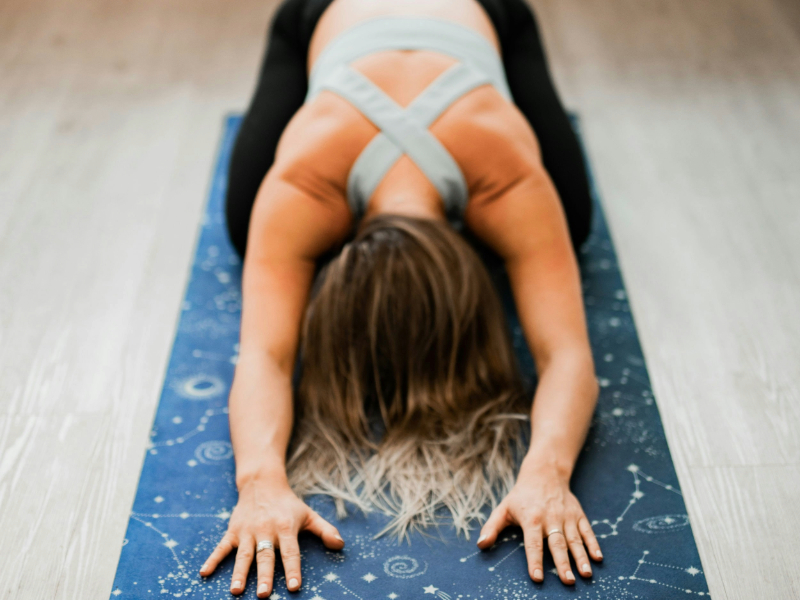Starting an exercise routine isn’t just about physical fitness—it’s a powerful tool for mental well-being. Studies show that regular movement reduces stress, anxiety, and depression. This guide explores how beginners can use exercise to improve their mental health.

1. Reducing Stress Through Movement 🧘♂️
Engaging in physical activity triggers the release of endorphins, which act as natural stress relievers. Activities like yoga, stretching, or a simple walk can make a significant difference.
✔ Best options: Yoga, walking, and tai chi.
💡 Tip: Taking a 10-minute walk outdoors can help clear your mind and lower stress levels.

2. Boosting Mood with Regular Workouts 😊
Exercise stimulates the production of serotonin and dopamine, chemicals that enhance mood and promote feelings of happiness. Just 30 minutes of movement can make a noticeable impact.
✔ Great choices: Dancing, jogging, and strength training.
💡 Tip: Try a fun workout, like dancing to your favorite music, to naturally lift your mood.

3. Enhancing Focus and Mental Clarity 🧠
Physical activity increases blood flow to the brain, improving cognitive function and focus. This is especially helpful for those struggling with brain fog or lack of concentration.
✔ Effective workouts: High-intensity interval training (HIIT), swimming, and brisk walking.
💡 Tip: A quick morning workout can set a productive tone for the rest of the day.

4. Improving Sleep Quality 😴
Regular exercise helps regulate sleep patterns, making it easier to fall asleep and stay asleep. However, timing matters—intense workouts too close to bedtime may have the opposite effect.
✔ Best activities: Light stretching, evening walks, and pilates.
💡 Tip: Establishing a consistent workout routine in the morning or afternoon supports better sleep cycles.

5. Building Confidence and Self-Esteem 💪
Seeing progress, whether in endurance, strength, or consistency, boosts self-confidence. Small wins, like finishing a workout or setting a new personal best, contribute to a positive mindset.
✔ Ideal options: Strength training, cycling, and bodyweight exercises.
💡 Tip: Track your progress with a journal or an app to celebrate achievements and stay motivated.

Conclusion
Exercise is a natural way to support mental health, offering stress relief, improved mood, and better focus. Beginners can start small and gradually build up to create a sustainable habit.
➡ Want a simple workout plan to get started? Check out our Beginner’s Workout Guide to begin your journey!


